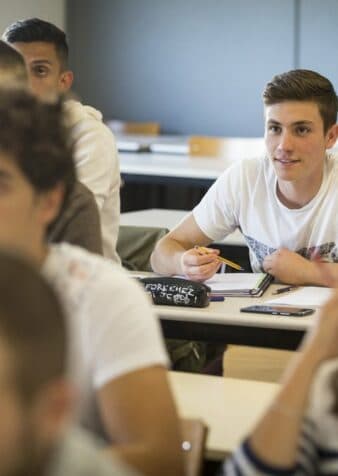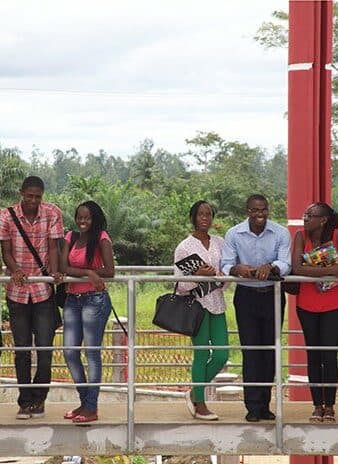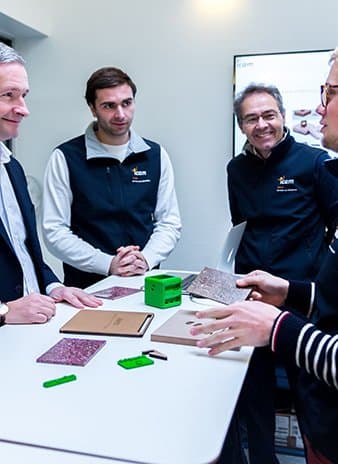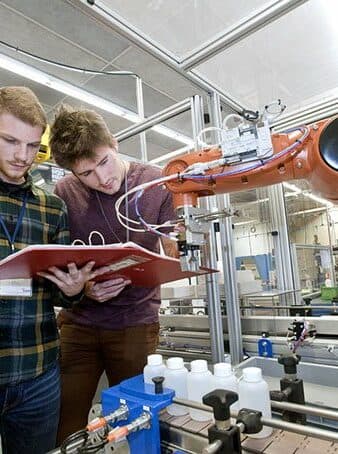Research
Icam’s research vision is to foster and share scientific progress by ensuring a socially-responsible and environment-friendly transition of industries into new technologies.
Icam defines research as such:
- Both applied and academic. Research topics are developed with industry and laboratory partners to propose innovative solutions addressing concrete technological and societal issues. This applied research perspective co-exists with an academic perspective which encourages publications and paves the way for doctoral supervision.
- Collaborative and international. Icam forges partnerships with laboratories, companies and universities both locally and around the world for high-level collaborations on various scientific projects. Researchers also willingly collaborate on inter-site projects, between Icam campuses in France and internationally.
- Co-financed and sustainable. Research projects are co-financed within the framework of regional, national and international funding to ensure sustainable work.
- Integrated to the Icam engineer profile. Icam’s engineering students play key roles as actors and contributors to Icam’s research activity, with a minimum of 5-month research experience being a prerequisite for the Icam diploma.
- Linked to the evolution of Icam’s teaching programs.
All projects share integral ecology as a common denominator – a search for innovation that is not at the expense of man and the environment. Progress is aimed at contributing to both technological and social progress, with a focus on the three key strategic research areas:
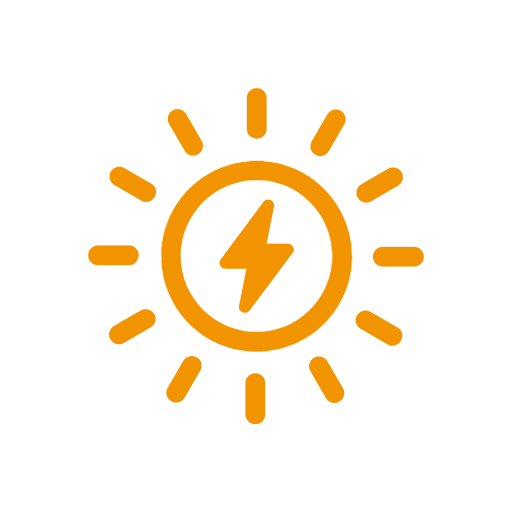 |
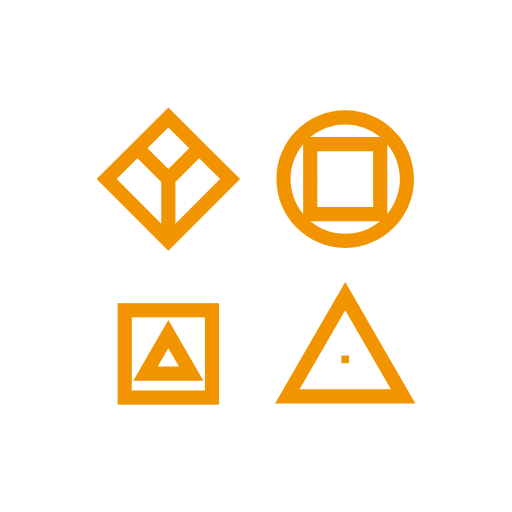 |
 |
| Energy production, storage and management | Innovative structures and materials | Societal and Technological Transition of Companies |
Key Figures
- Icam has doubled its international publications from 2015-2020.
- Icam’s research department has 100+ full-time researcher-lecturers, 60 of which are PHD degree holders.
- Icam has 30 researcher-lecturers associated to the French National Center for Scientific Research (CNRS – Centre National de Recherche Scientifique).
- As of January 2020, Icam has 35 PHD candidates which support Icam’s research activities.

